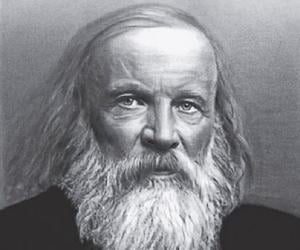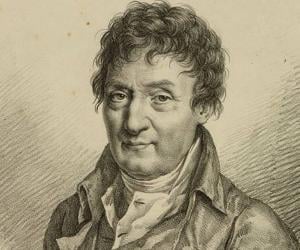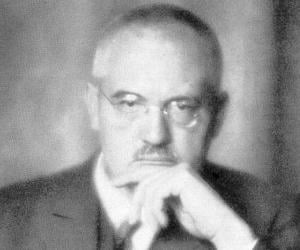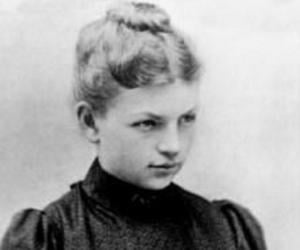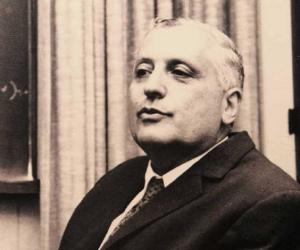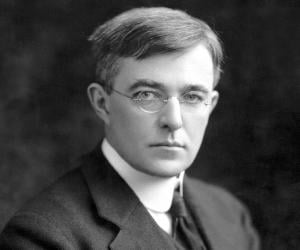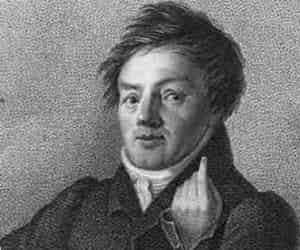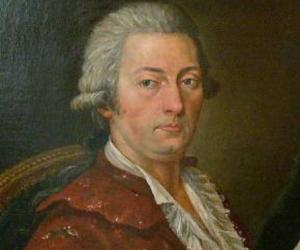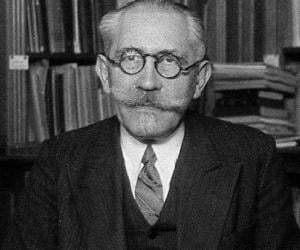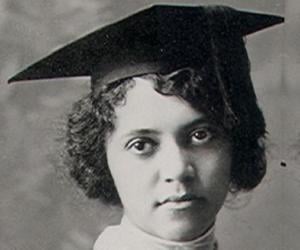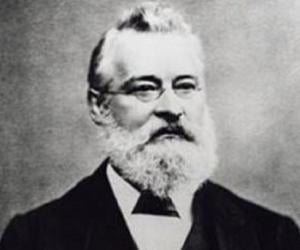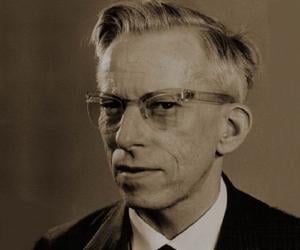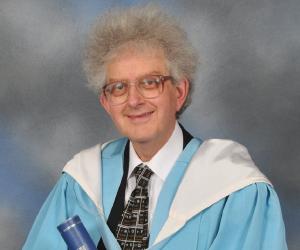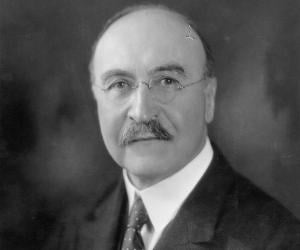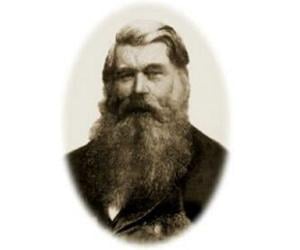Quick Facts
Also Known As: Dmitri Ivanovich Mendeleev, Dmitri Ivanovich Mendeleyev, Dmitry Ivanovich Mendeleyev
Died At Age: 72
Family:
Spouse/Ex-: Anna Ivanova Popova, Feozva Nikitichna Leshcheva
father: Ivan Pavlovich Mendeleev
mother: Maria Dmitrievna Mendeleeva
siblings: Masha Mendeleeva
children: Ivan Mendeleev, Lyubov Dmitrievna Mendeleeva, Maria Mendeleeva, Olga Mendeleeva, Vasily Mendeleev, Vladimir Mendeleev
Chemists Organic Chemists
Died on: February 2, 1907
place of death: Saint Petersburg
discoveries/inventions: Periodic Table, Pycnometer, Pyrocollodion
More Facts
education: Saint Petersburg State University, Heidelberg University
awards: 1862 – Demidov Prize
1905 – Copley Medal
Childhood & Early Life
Dmitri Mendeleev was born on February 8, 1834, in Verkhnie, Aremzyani, a small Russian province. The exact number is unknown, but it is believed that he had at least 16 brothers and sisters.
His childhood was marked by tragedy when his father, Ivan Mendeleyev, began having health problems. He passed away in 1847 leaving Dmitri’s mother to work at a glass factory to support the family.
Tragedy struck again in 1848 when the glass factory his mother managed burned down. The family was forced to move to St. Petersburg.
In 1855 Mendeleev was diagnosed with tuberculosis, but he continued to pursue his education to become a teacher. He graduated from the Main Pedagogical Institute in St. Petersburg.
Career
In 1855, Mendeleev became a science teacher in Crimea. He soon decided to move back to St. Petersburg and continue his education. A year later he completed his Masters degree in Chemistry.
He became a professor at the University of St. Petersburg. He realized the great need for an organized and quality chemistry textbook, so he began to research and work on one of his own.
In 1861, he released ‘Organic Chemistry’, a 500 page textbook. The book went on to win the Domidov Prize and push Mendeleev to fame in the scientific community.
In 1867, he was honored with the Chair of General Chemistry at the University of Saint Petersburg. He used his position to push Russia to improve and focus on their understanding of chemistry.
In 1869, Mendeleev came out another major book, ‘The Principles of Chemistry’. The book became so popular that it was translated to French, German, and English.
In 1869, he published his major work ‘The Relation between the Properties and Atomic Weights of Elements’. He organized the 65 known elements into the periodic table.
By 1889 Mendeleev had perfected his periodic table of elements. He presented his representation in London, and it is this model that is still used today.
In 1890, he retired from his university position. The same year, he took a position as a government consultant. He was strongly interested in developing Russia’s industrial and agricultural resources.
He was particularly interested in petroleum. His research helped to found Russia’s first oil refinery.
In 1893, he became director of the Central Board of Weights and Measures in Russia. He published several articles in the ‘Brockhaus Encyclopedia’ and reviewed numerous reprints of his “Principles of Chemistry”.
Major Works
Mendeleev released the periodic table in 1869. His revolutionary organization of the elements correctly assumed that some of the elements had their atomic weights measured incorrectly and that eight new elements existed. As new elements were found and his theories were further proven correct, his scientific reputation was enhanced even more.
Awards & Achievements
He was awarded with the Copley Medal in 1905. This British Royal Society gave him this highest honor for his famous scientific discovery, the periodic table.
Personal Life & Legacy
Mendeleev married Feozna Nikitchna Lascheva on 27 April 1862. The marriage lasted for nearly 20 years before the couple divorced in 1882. He had two children from this marriage: son Vladimir and daughter Olga.
In 1882 Mendeleev married Anna Ivanova Popova and this union resulted in four children.
He passed away on February 2, 1907. His funeral was in St. Petersburg and many people brought along copies of the Periodic Table as tribute to his contributions to science.
Element number 101 was discovered in 1955. It was named Mendelevium to honor his contributions to science.
Facts About Dmitri Mendeleev
Dmitri Mendeleev had a fascination with card games and often used playing cards to help him organize and conceptualize the elements in the periodic table.
Mendeleev was known to have a great sense of humor and enjoyed making witty jokes and puns, even in his scientific work.
He was a skilled musician and played the guitar and piano, finding inspiration and creativity in music that he also applied to his scientific endeavors.
Mendeleev was a prolific writer and author, not only in the field of chemistry but also in various other subjects, including economics, politics, and philosophy.
Despite his busy schedule and scientific pursuits, Mendeleev was also a dedicated family man who valued spending time with his loved ones and nurturing his relationships outside of work.
See more:
- Lakshmi Mittal(CEO of ArcelorMittal)
- Roy Keane(Retired Footballer Who was Considered One of the Best Midfielders of His Generation)
- Courtney Duncan(New Zealand Professional Motocross Racer)
- Richard Hell(Singer)
- Ray Sefo(One of the Greatest Heavyweight Kickboxers to Have Never Won the K-1 World Grand Prix)


